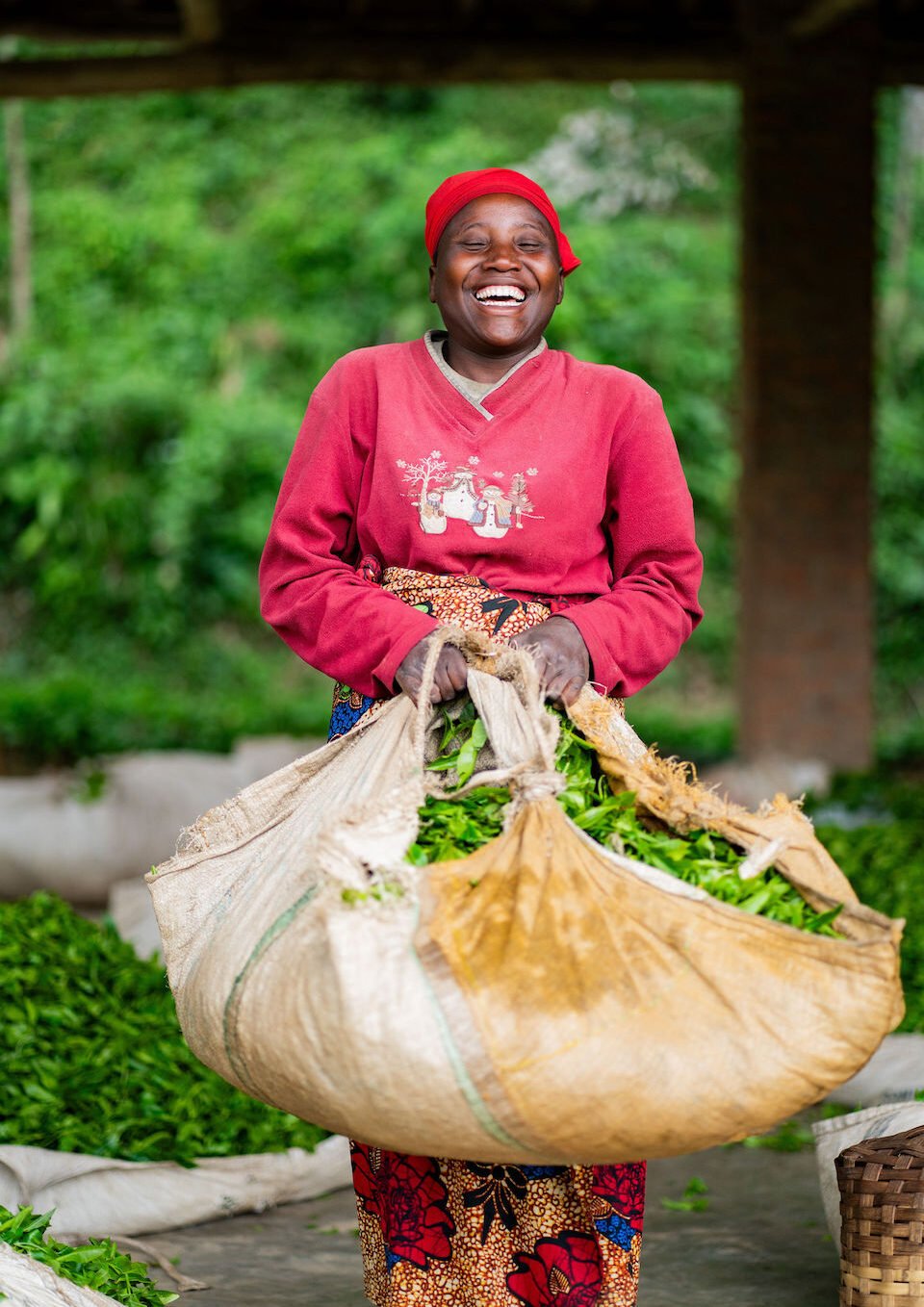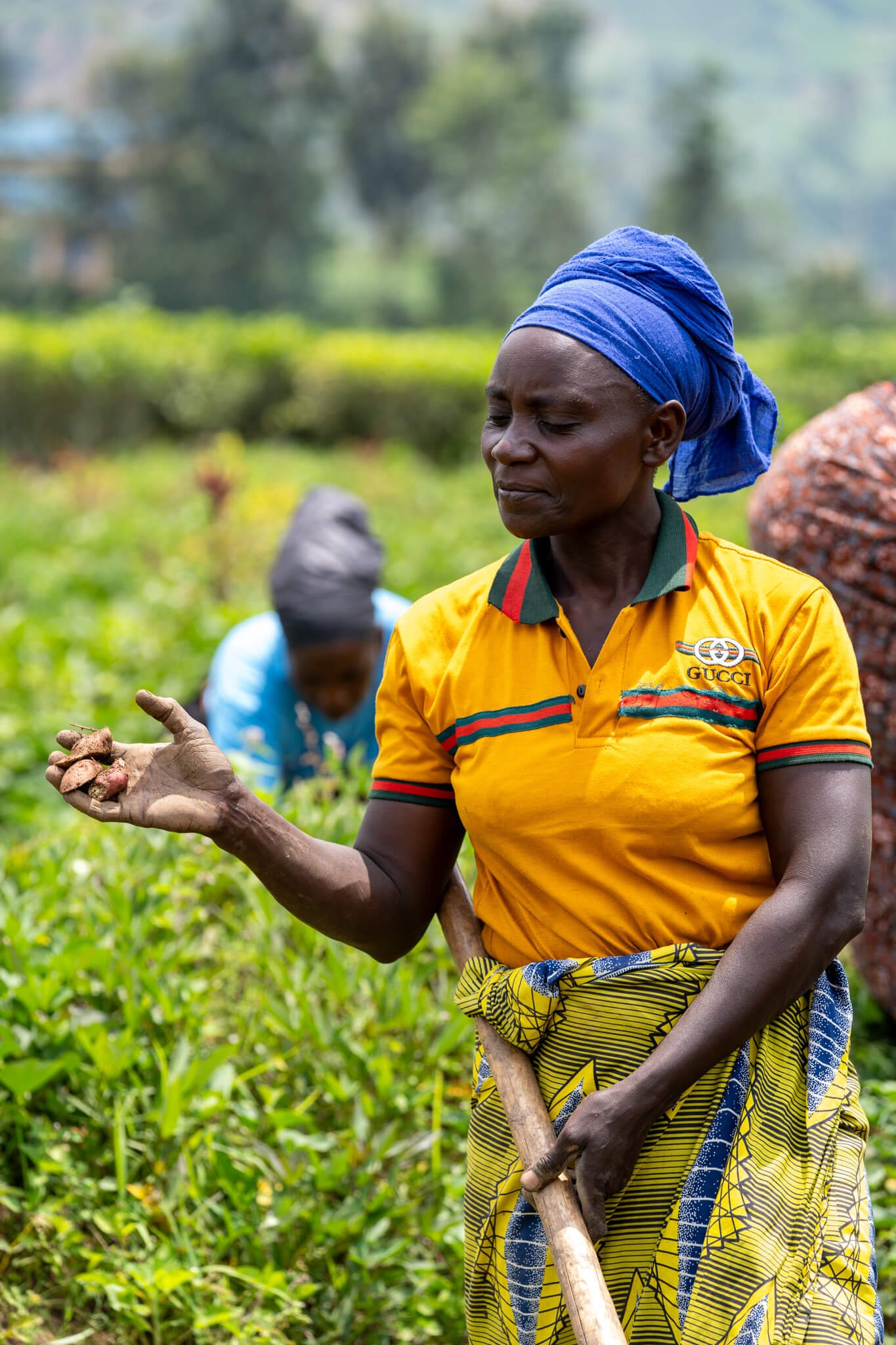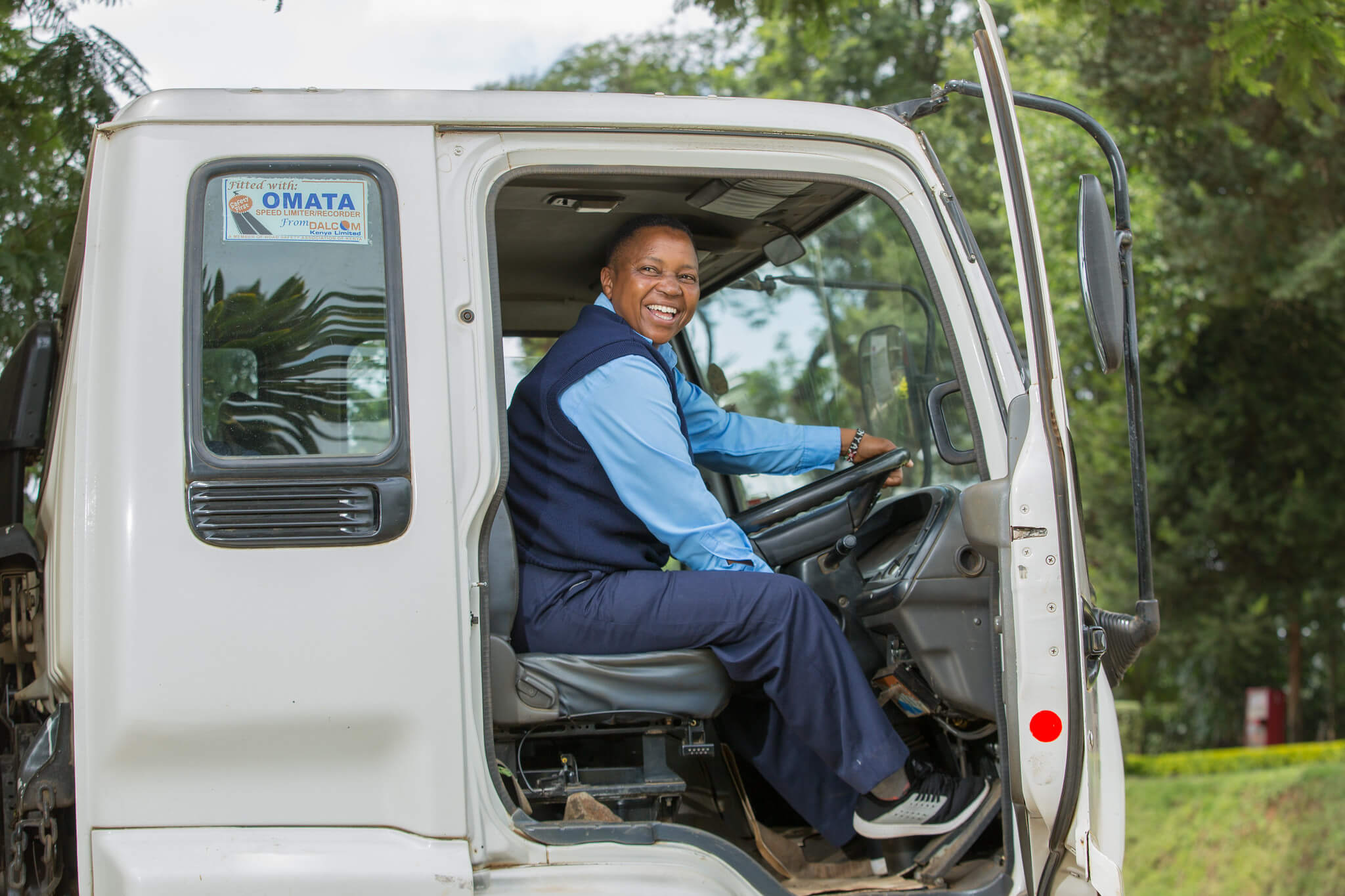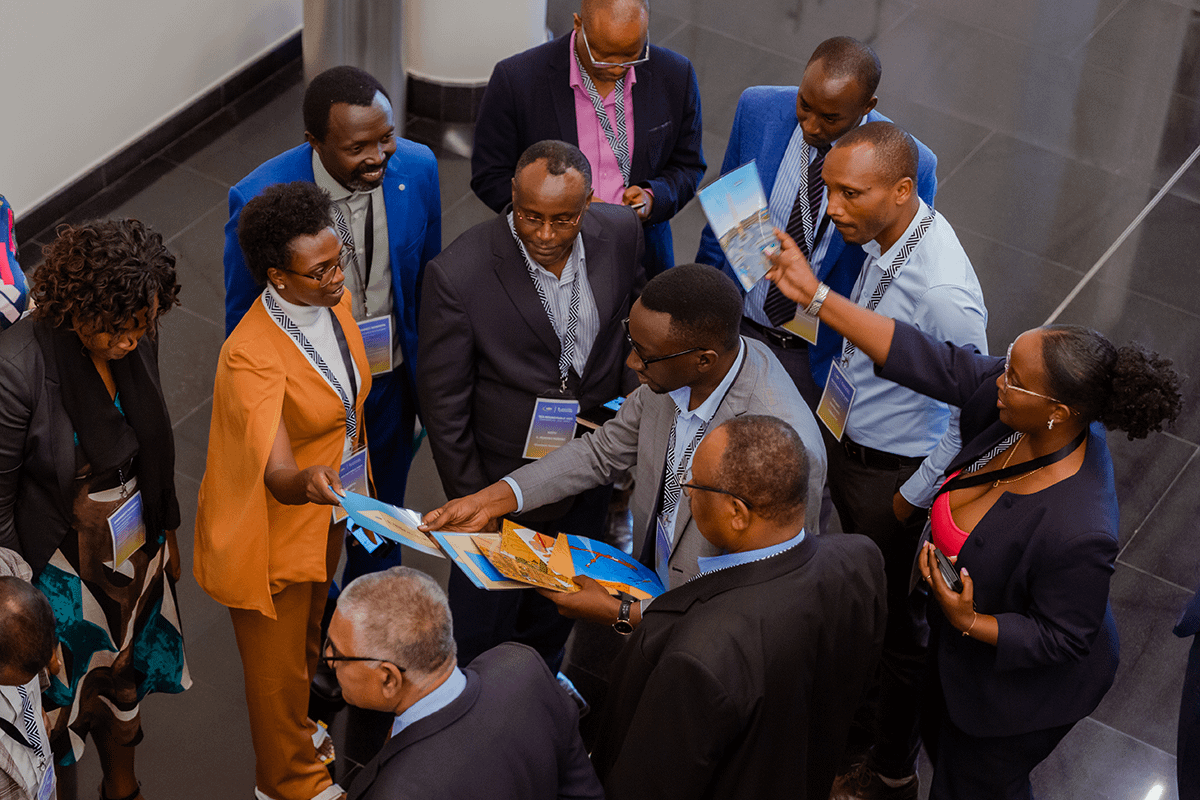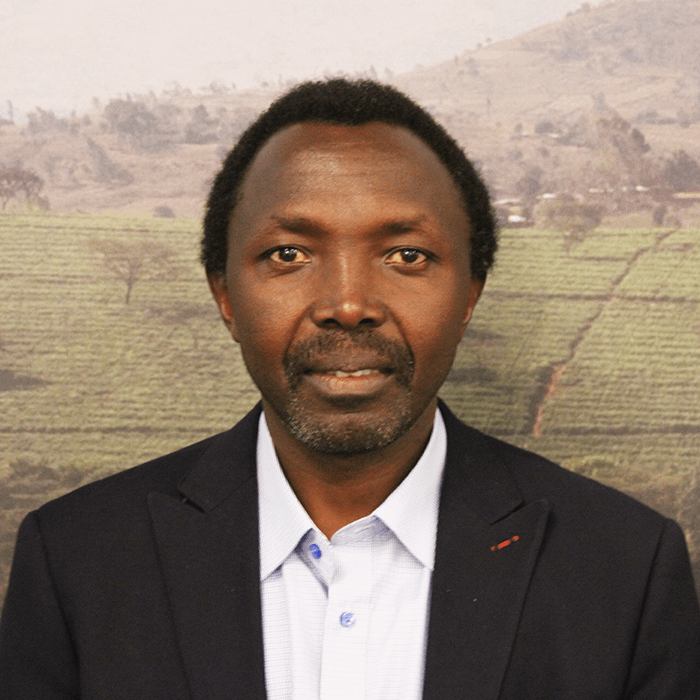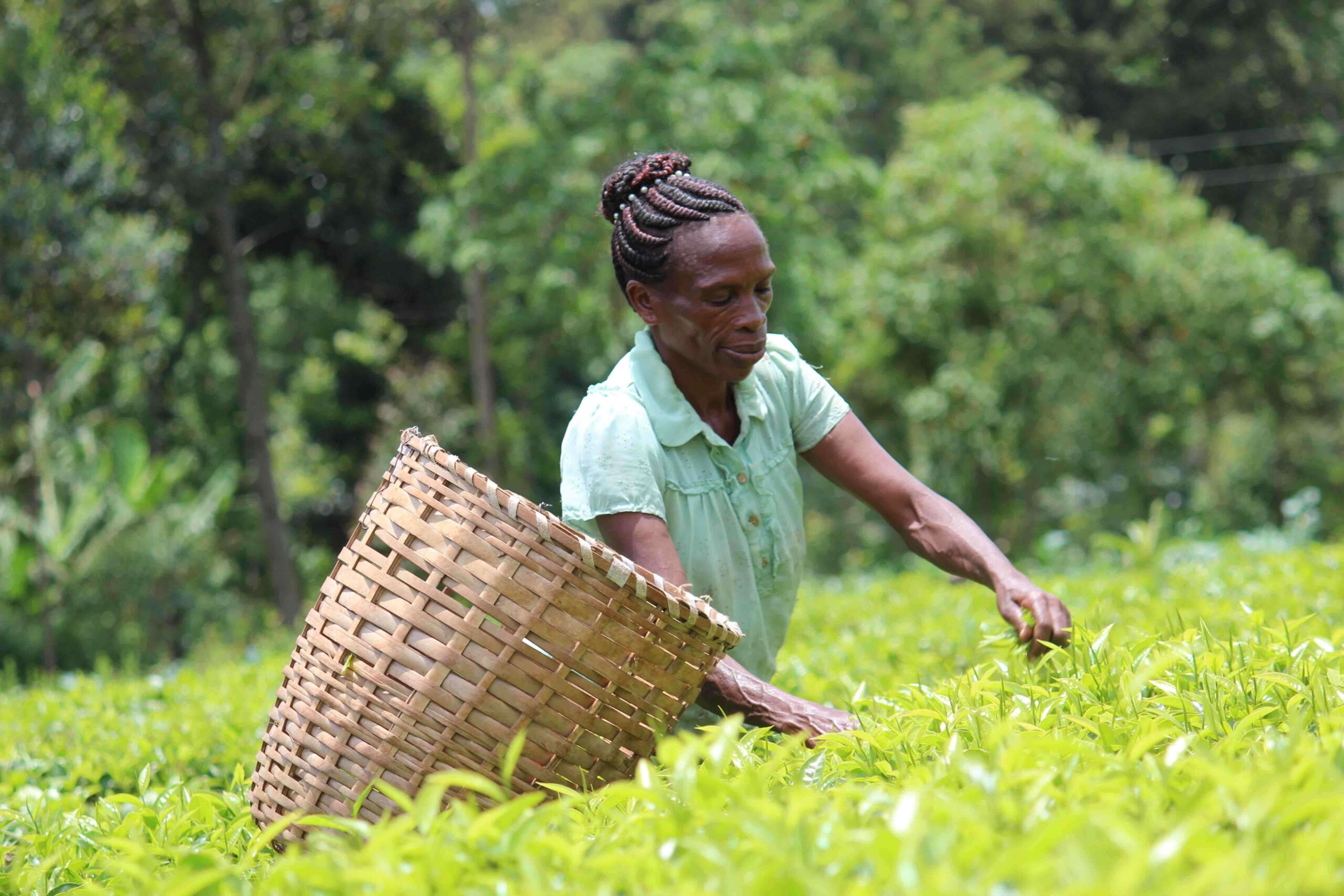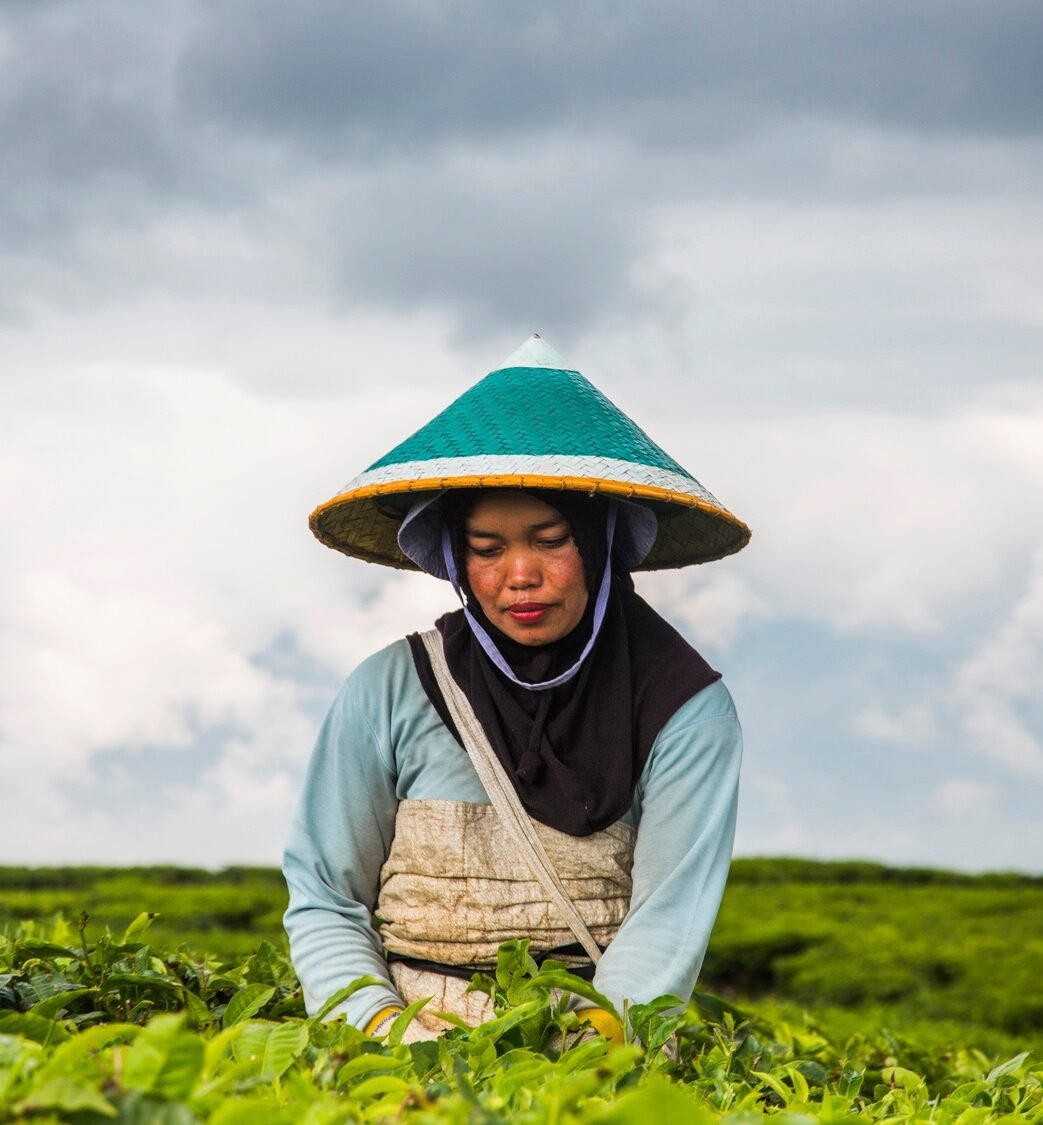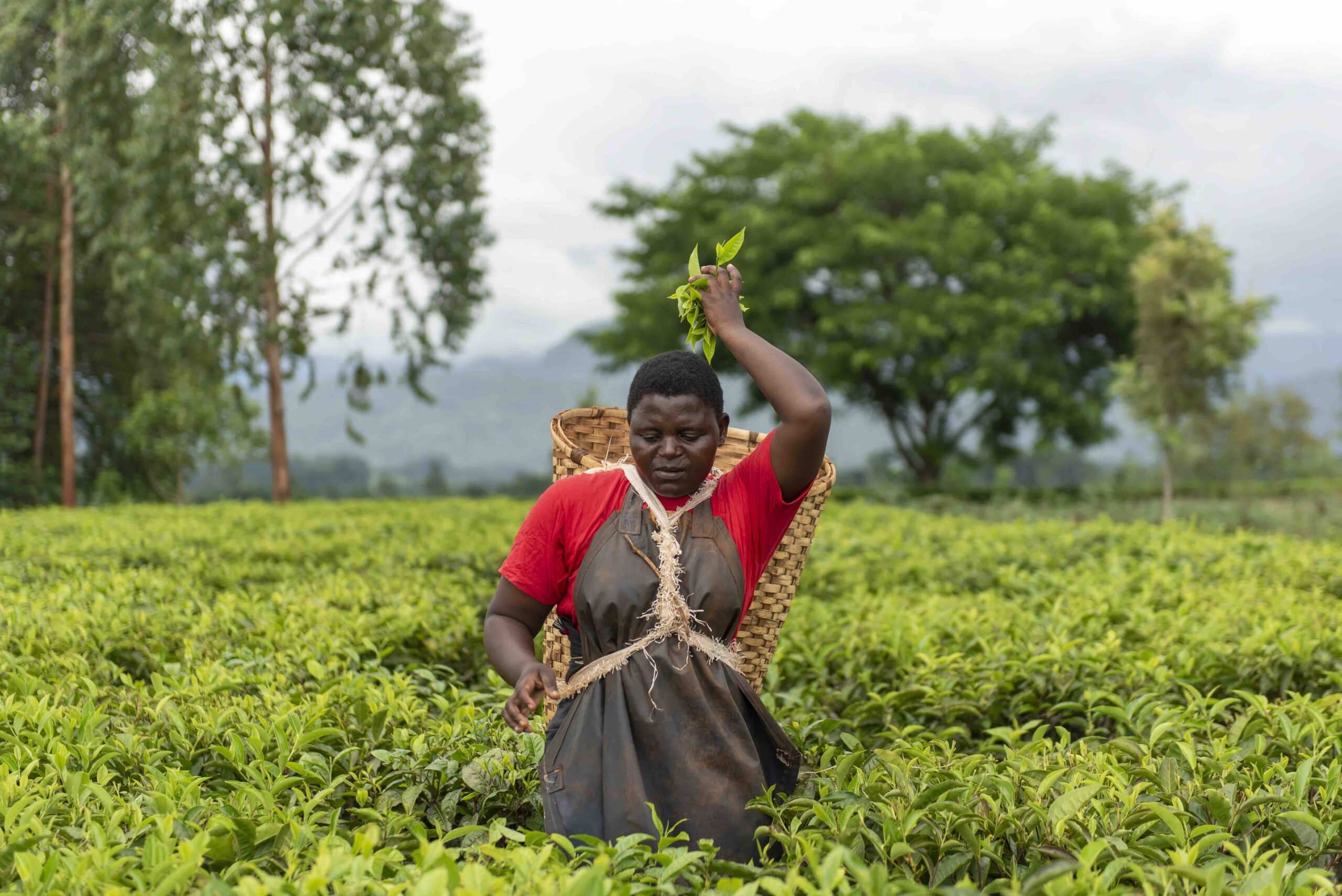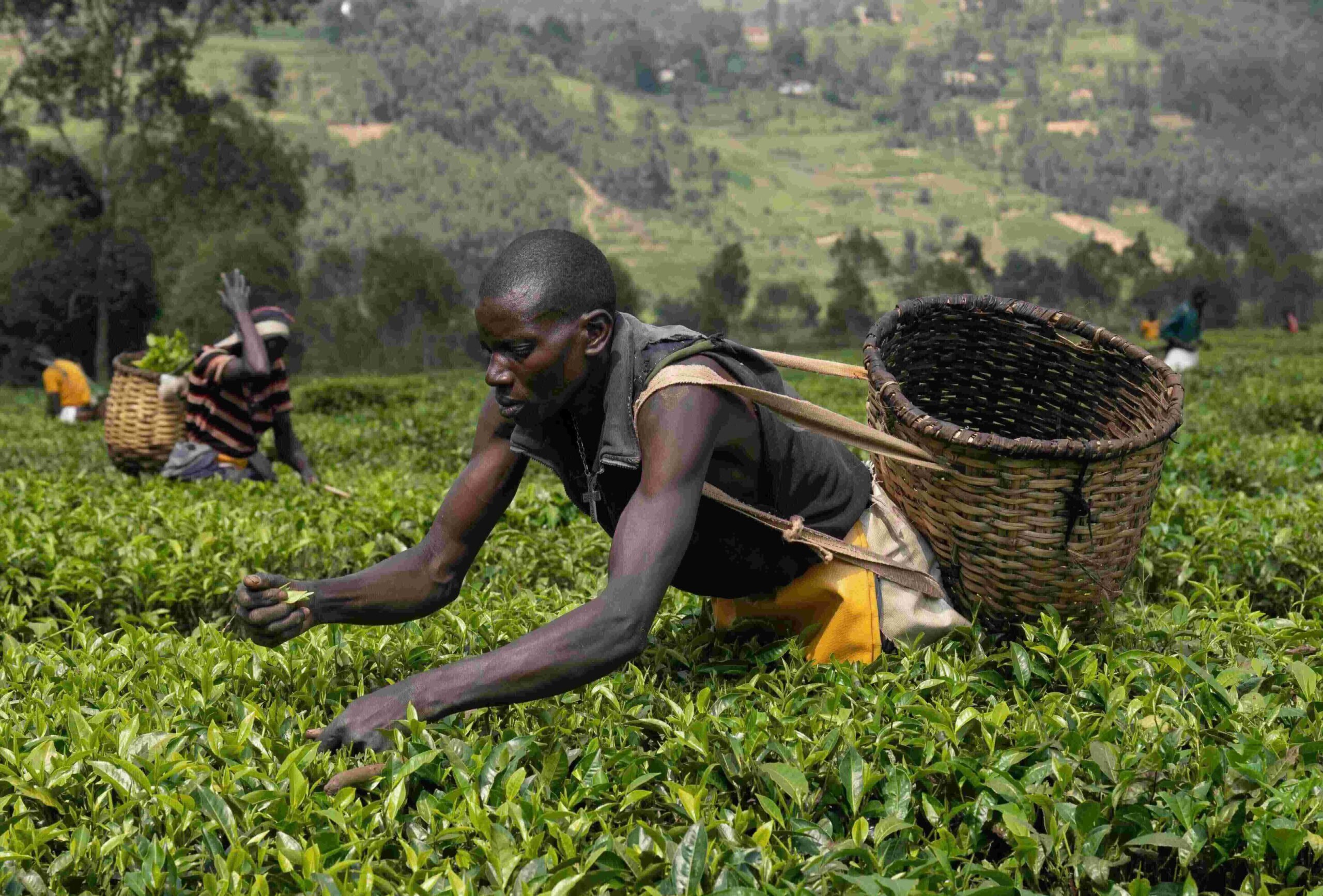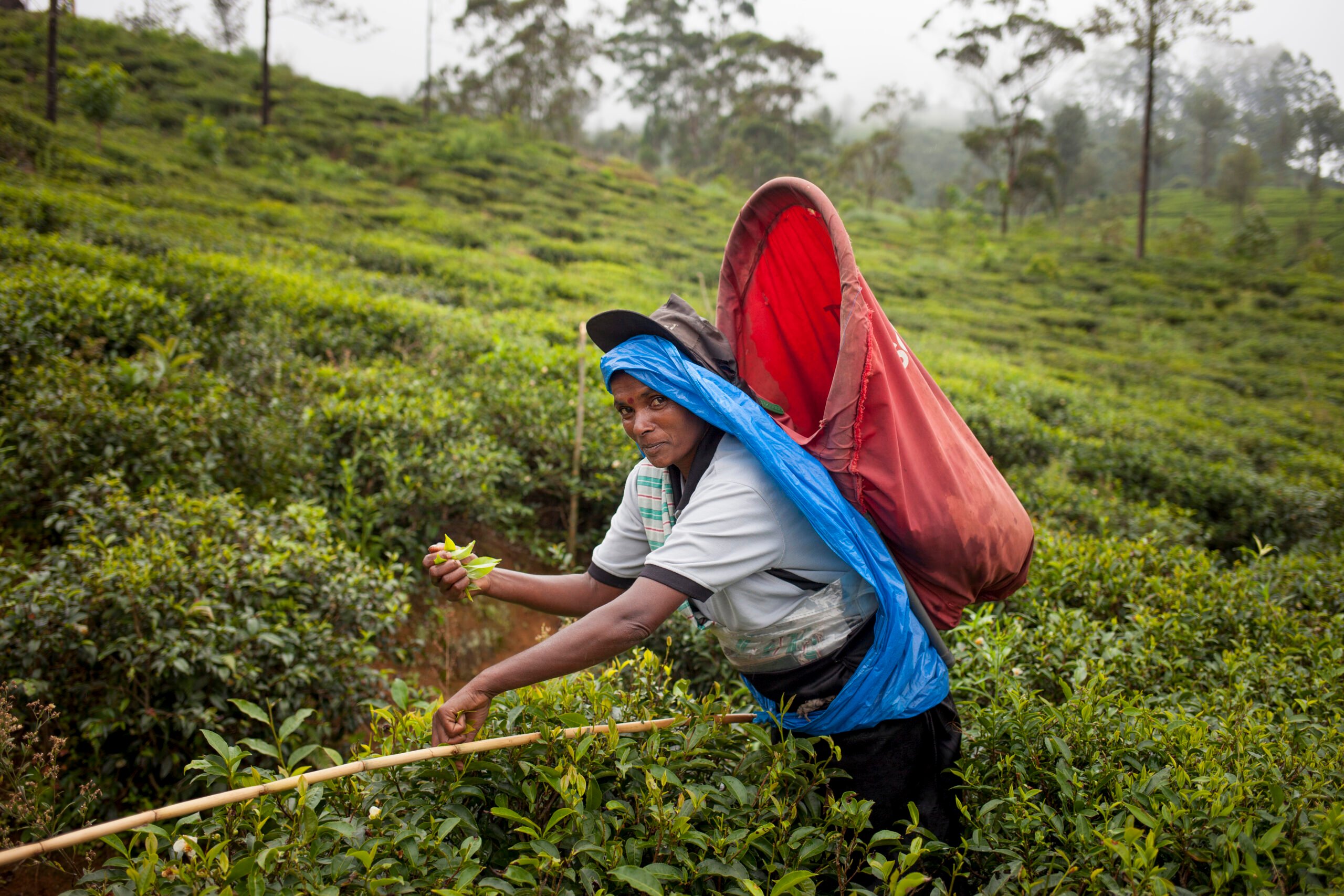Facts & figures
Economics
The average smallholder farmer income is far below the living income benchmark and Rwanda’s national poverty line.
Equality
Most women working informally in tea earn just 60% of men’s income in Rwanda.
Environment
Rwanda has experienced a 1.4°C increase in average temperature since 1970, greater than the global average.
Regional priorities
Projects
ETP’s projects build on previous work to uplift smallholder farmer productivity and quality management, and to encourage transformative leadership in the tea sector.
Private sector change
ETP will develop a pilot on responsible digital payments to address women’s lack of control of financial resources and encourage efficiency in the sector.
Policy
In 2024, ETP will complete a legislative and policy review and action plan to guide ETP’s policy work in Rwanda.

